Cognitive Skills/Executive Functioning
What is Cognitive Skills/Executive Functioning?
Cognitive skills are the skills that we use to learn and process information. These include attention, reasoning, short and long-term memory, perception, and executive function.
Executive functioning refers to cognitive or thinking abilities that are responsible for initiating, planning, maintaining, and inhibiting thoughts and behaviours. These skills include: working memory – the ability to hold or store information in your memory and manipulate it to help solve problems; emotional control – the ability to control and regulate one’s emotions and feelings; task-shifting – the ability to shift attention and focus quickly from one task to another; organization and planning – the ability to develop and complete a sequence of events or a plan from start to finish.
Communication disorders that are the result of problems with cognition or executive functioning may be congenital or acquired. Genetic disorders or neurologic diseases or injuries can cause these difficulties in children. Common causes in adults include stroke, brain tumor, traumatic brain injury, and neurologic diseases (including dementia).
Sometimes called cognitive-communication disorders, problems with using cognitive skills or executive functioning can impact all communication areas, including listening, speaking, reading, and writing. Social interactions will also be affected when someone cannot regulate their emotions or shift their attention from one activity or person to another. If they have impaired planning and memory for important information, persons with cognitive or executive functioning issues will have problems with activities of daily living, academics, and job performance.
What can professionals do to help?
The speech-language pathologist (SLP) can provide assessment of language and language-based skills that support cognition and executive functioning. The SLP will develop an appropriate treatment plan that focuses on improving specific skills or teaching compensatory strategies that help the person to be successful in their daily activities. The SLP works with school teams, family members, employers, or other professionals to help support the individual.
